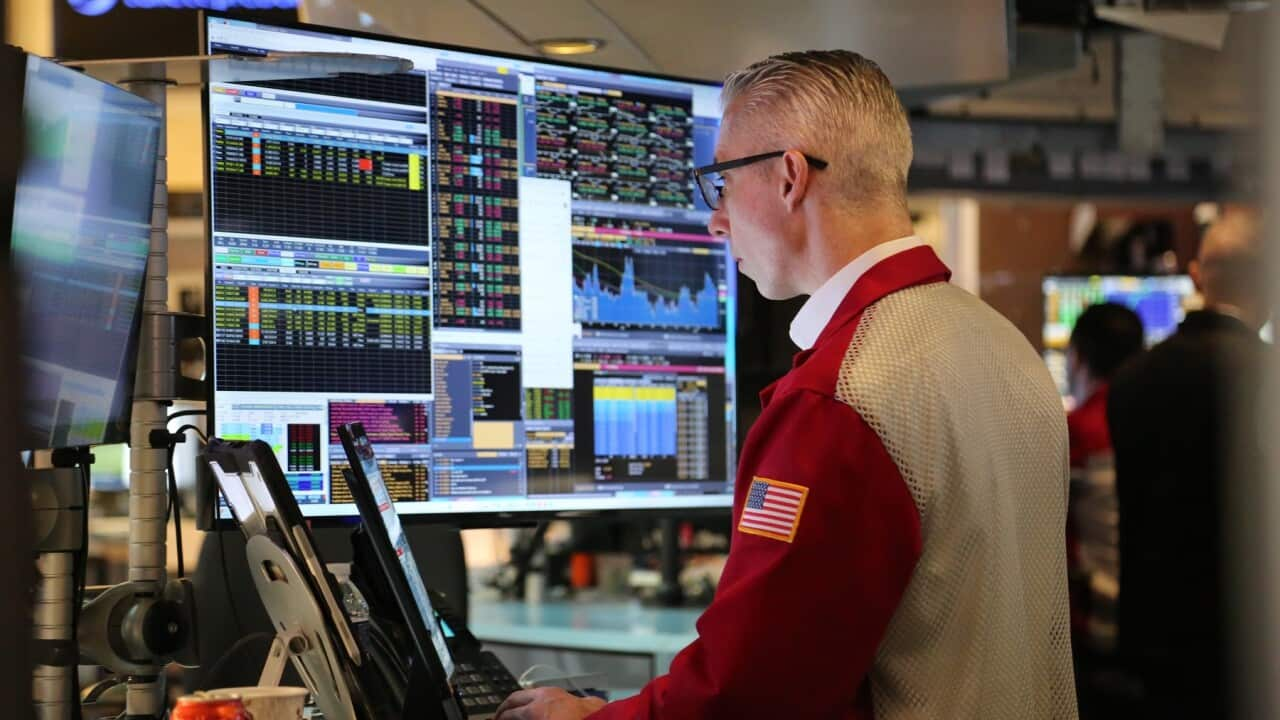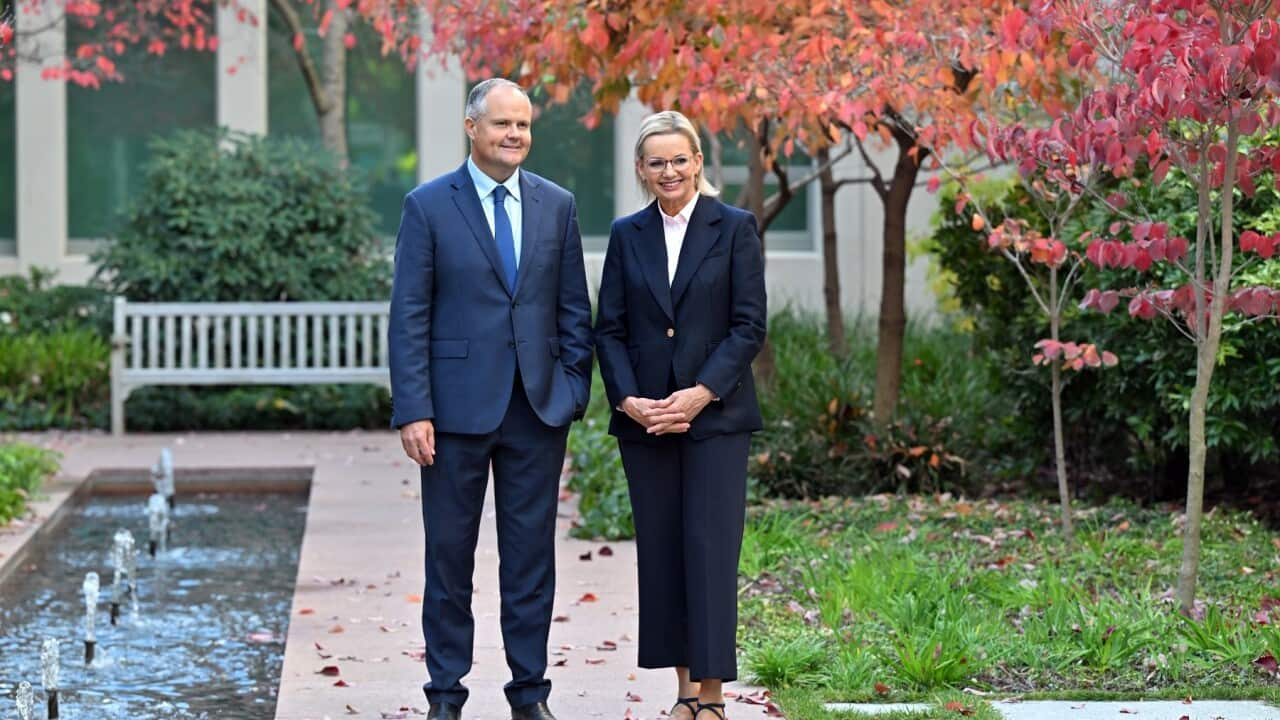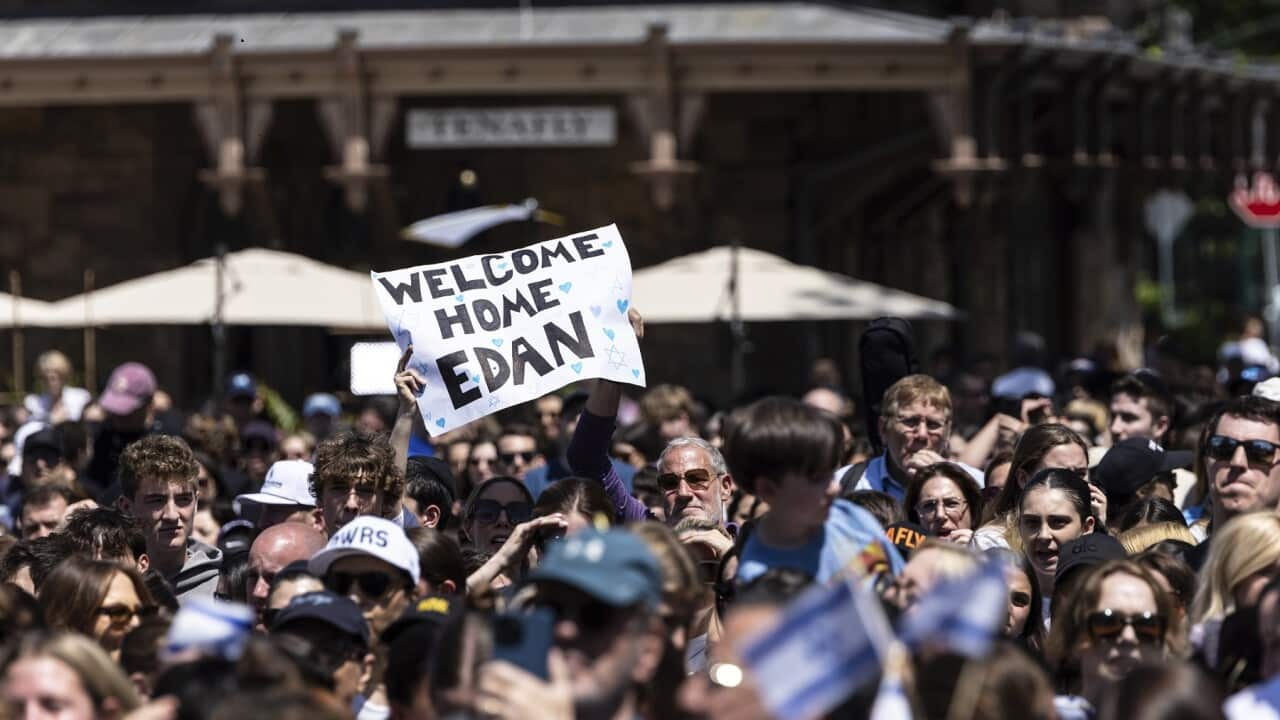TRANSCRIPT
After a bloody conflict that has spanned four decades, the Kurdistan Workers Party or PKK, has decided to lay down its arms.
PKK members and leaders in Turkiye announced the disbandment on Monday.
The decision follows a request by the group's jailed leader Abdullah Ocalan for this step to be taken.
Turkish President Recep Tayyip Erdogan says the disbandment of the PKK opens the doors of a new era.
“The terrorist organisation (Kurdistan Workers Party (PKK)) has announced that it has decided to dissolve itself and hand over the weapons. We see the decision as important in terms of cementing the security of our country, the peace of our region, the everlasting brotherhood of our people.”
After first forming in the late 1970s under the leadership of Ocalan, the group launched its insurgency in 1984 with the original aim of creating an independent Kurdish state.
Kurds are considered the world's largest stateless ethnic group and live across Turkey, Iran, Iraq and Syria.
They make up around 20 per cent of Turkey's population of 86 million.
After World War I the Kurds were promised the support of Britain to form an independent nation state known as Kurdistan, however this was never realised.
Professor Amin Saikal, a Middle East analyst from the Australian National University says Kurds have faced a lot of challenges.
“Kurds have, of course, been in many ways victimised by different states in the region. I mean, they've had a sort of a plight which has not been adequately supported by the international community.”
The resulting conflict between the PKK and Turkey has killed more than 40,000 people, brought huge economic burden and fuelled social tensions.
From 2015 to 2017, the PKK carried out a series of deadly bombings in Ankara, Instanbul and other Turkish cities.
In recent years, Turkey has hit PKK fighters and bases with regular drone and other military strikes deep inside Iraq.
Ocalan has been imprisoned on an island south of Istanbul since 1999.
The PKK is a listed terrorist organisation in Turkey and its Western allies, including Australia.
It was first listed in Australia in 2005 and the government considers it a violent extremist organisation.
Professor Saikal says in recent times, the group has changed tact and wants to enter democratic processes.
The group's aims have also changed over time and they are now seeking autonomy rather than independence.
“Now they say they are prepared to lay down their arms and not to carry out the guerilla warfare and to therefore only seek autonomy in terms of developing, or being somewhat in control of their own destiny in Turkey.”
In its statement released on Monday, the PKK said it has completed its mission to break the policy of denial and annihilation of Kurdish people and brought the Kurdish issue to a point of solving it through democratic politics.
While Mr Erdogan has been criticised for becoming more authoritarian in recent years, Professor Saikal believes the group could now find their place in Turkey's democratic structures.
“They could participate in the Turkish process, political process and therefore, of course, have a share in the power structure of the country in terms of representation in the parliament and the possibility of representation in the cabinet and representation in some of the other governmental institutions.”
Professor Saikal also believes it's possible that Ocalan could be released and the PKK leader could enter political processes, becoming a political figure rather than the head of a guerilla organisation.
The PKK's disbandment could boost Turkey's political and economic stability and lead to an easing of tensions in neighbouring Iraq and Syria, where Kurdish forces are allied with US forces.
Timour Tatwan, co-chair of the Australian-based Democratic Kurdish Community Centre told SBS Kurdish says he feels optimistic following the PKK's decision.
“We are pleased with this decision. We believe that all Middle East issues can be resolved through peaceful and fraternal means. This is a vast country inhabited by diverse communities, and we look forward to these different groups, regardless of their beliefs, coexisting in freedom, harmony, and justice. We are also optimistic that this decision will contribute to the success of peace and its ongoing process.”
However, experts say the dissolution of the group does not guarantee peace.
A PKK official said weapons handovers were contingent on Ankara's response and approach to Kurdish rights, and the fate of PKK fighters and leaders.
It also unclear how the group's dissolution will affect the PKK affiliated militia group the YPG in Syria.
The YPG leads a US-allied forced against Islamic State there and has previously said Ocalan's call did not apply to it, contradicting Ankara's view.
While Professor Saikal says the dissolution of the group is positive for ending the violence in Turkey, complex regional conflicts could be intensified, particularly in terms of conflict between Syria and Israel.
“Erdogan is also very much committed to supporting the new Syrian regime and that puts Turkey very much opposite to Israel. Sort of a modus vivendi between Ankara and the PKK could really free up some of the Turkish resources, particularly military resources and so on, to become more vigilant of the developments in Syria.”
The PKK decision also comes at a tumultuous time in Turkish politics.
In March, Mr Erdogan's main challenger Ekrem Imamoglu was jailed pending corruption charges in a move that sparked the country's largest protests in a decade.













